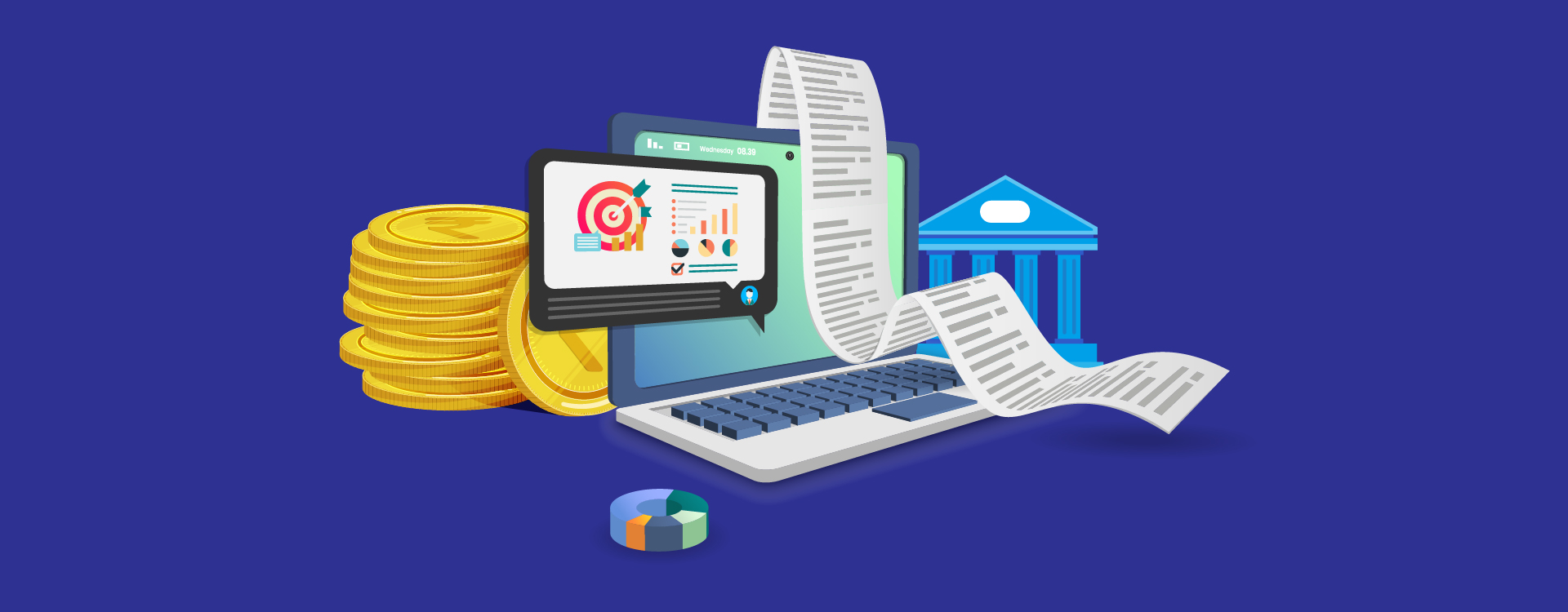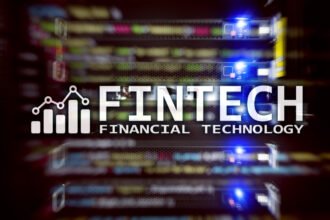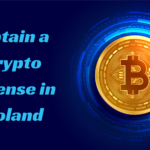Demat Account vs. Physical Share Certificates Differences Explained
The investment world has undergone a significant transformation with the advancement of technology and digitalization. This is not an exception to the ways securities and shares are held. Conventionally shares were held by investors in the form of physical certificates of shares, which served as the ownership proof in a company.
However, with changing times and technology, investors are introduced to dematerialized accounts, commonly referred to as online demat account, that has brought about a revolution in the oeuvre of the stock market.
Let us explore the key differences between physical share certificates and demat accounts and why the digital format presumes the future of the ownership of shares.
What Are Physical Share Certificates?
In the past, physical certificates were issued to the investors who purchased shares of a company as proof of their ownership. The certificate contained the name of the investor, the total number of shares owned, and all other relevant details.
However, being mere paper certificates, they were prone to significant risks, including loss, damage, theft, and forgery. Moreover, the process of transfer of physical shares was also complex and time-consuming, which included rigorous paperwork.
How The Introduction Of Demat Accounts Changed The Scenario?
In the early 2000s, the introduction of demat accounts changed the entire landscape of the ownership of shares. A Demat account represents an electronic account that holds the shares of an investor’s well as securities in a dematerialized format.
In simplest terms, the physical shares are transmuted into digital forms, which is akin to a bank account. This makes monetary replacement against shares more convenient.
What Are The Benefits Offered By Demat Accounts?
The transformation of physical shares into the dematerialized form offer significant benefit for the investors in a plethora of ways; these are:
- Offers security and convenience as the investors don’t need to worry about the safety concerning physical storage.
- Ensures swift and easy transactions that can be completed electronically. This alleviates the hassle of paperwork.
- Management of physical shares involved handling as well as administration charges. With demat accounts, these costs are not there, which makes it cost-effective for investors.
- Demat accounts also offer real-time access to various information concerning the investment portfolio. This typically involves market insights, transaction history as well as the history of returns over a considerable period of time. Therefore the investors can make informed investment decisions with the help of demat accounts.
- The companies that offer demat account services also offer financial calculators such as FD Calculator, and Lumpsum investment calculator, among many more, which may help in calculating the overall returns from an investment.
Conclusion:
To conclude, we can understand that digitalization and dematerialization of shares are the new future, especially in a context where the financial market across the world is shifting towards greater efficiency and integration. Demat accounts perfectly fit into the new framework providing a way for an interconnected but seamless ecosystem for investors and traders.

















